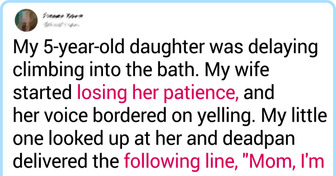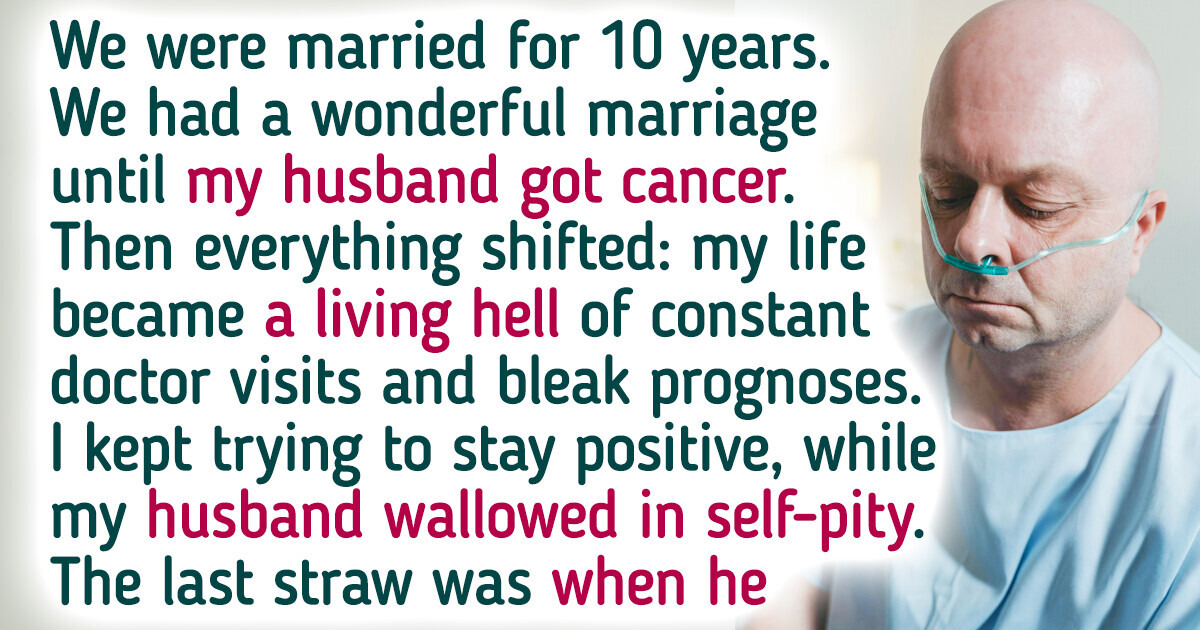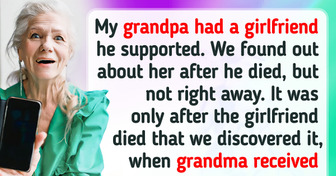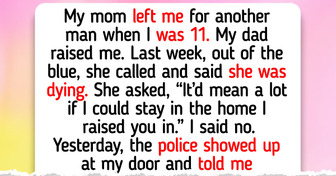11 Kids Who Are Hilarious Without Even Realizing It


Our editorial team received an anonymous letter from a woman who made the difficult decision to end her marriage while her husband battled cancer. She wishes to share her challenging journey in order to provide guidance to others going through similar situations, with the hope of helping them avoid similar pitfalls.
“My husband and I were married for 10 years, enjoying a wonderful marriage and fulfilling life together. We visited over 40 countries, engaged in extreme sports, and built successful careers. Everything changed when my husband was diagnosed with cancer. I was in such shock that it felt like my world had literally collapsed.”
“It took me several months to reconcile with the diagnosis and adapt to our altered reality. Yet, eventually, I summoned the strength to gather myself and firmly decided that we would confront this challenge united.”
“I quit my job and took on the full responsibility of managing our household and my husband’s treatment. I coordinated his doctor visits and diligently searched for new doctors and alternative treatment options. I handled everything from scheduling appointments and managing medications to keeping track of medical records and exploring cutting-edge therapies. My days were consumed with ensuring he received the best possible care while also maintaining some semblance of normalcy at home.”
“My life became a living hell with a relentless cycle of constant doctor visits and grim prognoses. I tried to stay positive, doing my best to keep our spirits up, while my husband wallowed into self-pity. The last straw was when he refused to undergo chemotherapy, claiming it was too painful and wouldn’t guarantee him a cure. It seemed as though he had stopped seeing me altogether. All he could focus on was his own pain and suffering. He didn’t notice the efforts I was making or acknowledge the fact that I, too, was struggling and hurting. I sacrificed everything to support him through this journey, so his decision felt like a betrayal.”
“Despite my earnest pleas and appeals, urging him to see it as his best chance for survival, he staunchly persisted in pursuing alternative treatments with minimal scientific validation. With each decline in his health, our relationship followed suit. I harbored growing resentment as I witnessed his passive acceptance of illness without resistance. The sense of betrayal and abandonment weighed heavily on me, leaving me to bear the burden of his sickness alone.”
“Despite my frustration and anger, I couldn’t muster the strength to leave him. I had pledged to stand by him through thick and thin, and I was determined to uphold that commitment. However, as time passed and the challenges mounted, I began to doubt everything.”
“Then, on a pivotal night, as I sat vigil by his bedside, observing his restless sleep, I reached a breaking point. The exhaustion of caregiving, the overwhelming burden of his illness — it all became unbearable. At that moment, I realized that I needed to prioritize my own mental and emotional well-being. That night, I made the toughest decision of my life.”
“This decision left a profound scar on my soul. It triggered a negative reaction from our mutual friends and relatives. Many simply failed to understand me and believed I had betrayed my husband.
It took several years of therapy for me to realize that I am not a bad person, that I prioritized myself in this situation. My husband made his decision, and I made mine.”
“I hope that my story will help those who find themselves in a similar situation. It’s crucial to seek help from a psychologist, both for the patients themselves and for their family members. Maybe our story would have ended differently if we had just visited a couple’s therapist.”
Consider joining a support group. These groups convene in person, over the phone, or online, providing a platform to gain fresh perspectives on your situation, gather coping strategies, and find solace in the knowledge that you’re not alone. You can find support groups at hospitals, cancer centers, community organizations, and educational institutions.
Here are some ways to locate groups near you:
Another reader shared her heart-wrenching story with our editorial team, recounting the painful decision she made to prevent her terminally ill sister from walking down the aisle on her wedding day.











